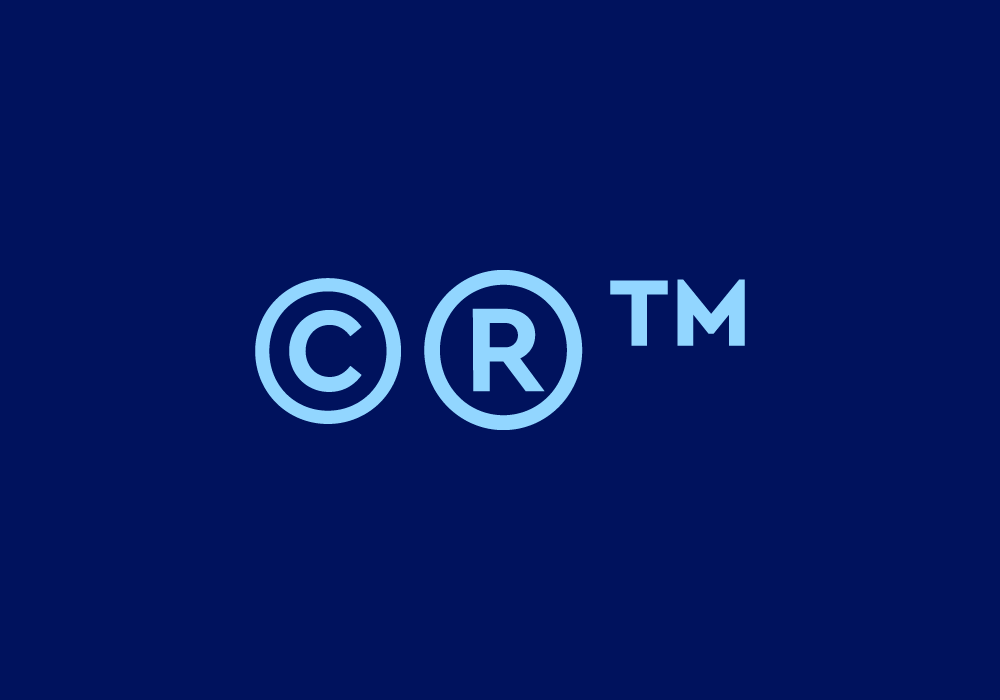Is a phrase protected by copyright or trademark? Typically, a phrase would be protected by a trademark, but copyrights are reserved for longer, creative works.

Table of Contents
How Do Copyright and Trademarks Work?
Copyright and trademarks are both examples of intellectual property protection. The regulations governing these safeguards stimulate and reward unique thought. Copyright is often used to protect works such as:
Books.
Films.
Plays.
Essays.
Typically, trademarks are registered to protect catch phrases and words. This sort of intellectual property (IP) protection is often utilised in marketing. When a company wants to be identified by a certain name or symbol for their product, they will usually trademark it to prevent others from using it.
Consider the Pepsi logo. Pepsi has become such a well-known brand that when customers see that emblem, they automatically think Pepsi manufactured the product. If that symbol wasn’t copyrighted, another drink business might use the Pepsi logo on their goods to increase sales, thereby stealing Pepsi’s reputation and misrepresenting the brand.
The three basic kinds of intellectual property protection are:
Copyright refers to the ownership of original literary and creative works.
Trademarks are unique slogans, logos, and brand names.
Patents are granted to inventors of new products or processes.
What Is the Process for Registering Copyrights and Trademarks?
If you want to register a copyright or a trademark with the state, you may do so via the United States Patent and Trademark Office (USPTO). It is not necessary to register copyrights and trademarks in order to assert your ownership over a certain work or phrase, although it does assist. When a work is registered and protected by the USPTO, it is easier for the court to ascertain legal ownership. Technically, an original work is protected whenever it is produced, but registration strengthens that protection.
Visit these online databases and type in the work or phrase you’re searching for to search for copyrights and trademarks:
Public catalogue with copyright.
Electronic trademark search system.
These databases will enable you to see either current or expired results, allowing you to determine if your name or work will infringe on a presently protected piece of intellectual property or whether it has already been protected. When selecting company names or marketing slogans, it’s best to avoid anything that has already been used so that prospective consumers aren’t perplexed.
Is it better to copyright or trademark a phrase?
Trademark protection is available for any of the following:
Words.
Names.
Slogans.
Designs.
Symbols.
When such inventions represent a certain product in commerce, they are automatically trademarked, although it is still preferable to have them properly registered. Market identity is critical to effective marketing, and IP protection preserves the unique features of diverse inventions.
Trademarks may sometimes contribute to a company’s reputation improving. Consider the most costly apparel designers or brands you are familiar with. Certain symbols provide a sense of quality to the consumer because they are linked with the firm that manufactures the product or process. A term should be trademarked rather than copied.
The process of registering a trademark with the USPTO is easy and quick, however approval may take some time. If you wish to enforce your ownership of a certain brand, you should register it before it’s too late. There are several advantages to owning copyright and trademarks.
The Advantages of Having Your Phrase Registered
If you register your trademark, you will be able to ensure that it is legally legitimate and protected. When a registered copyright or trademark is involved, infringement cases tend to move much more easily. The owner of a trademark who does not have a registered trademark must show ownership and originality. With a registered trademark, the alleged infringer has the burden of proving that the trademark should not be protected.
Because registered trademarks are valid across the United States, if you protect a term in California, someone in New York cannot use it. The trademark owner has territorial ownership over the whole nation.
Trademarks registered with the USPTO are enforceable in federal court. This should prevent any would-be infringers who are afraid of an expensive lawsuit. If someone violates your protected term, you must launch a lawsuit to hold them responsible.
